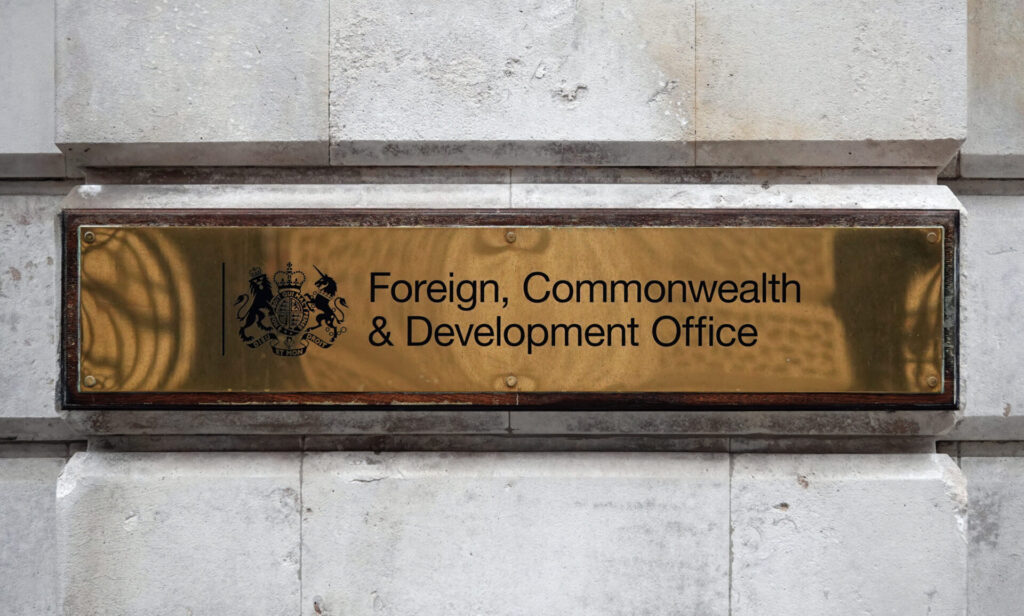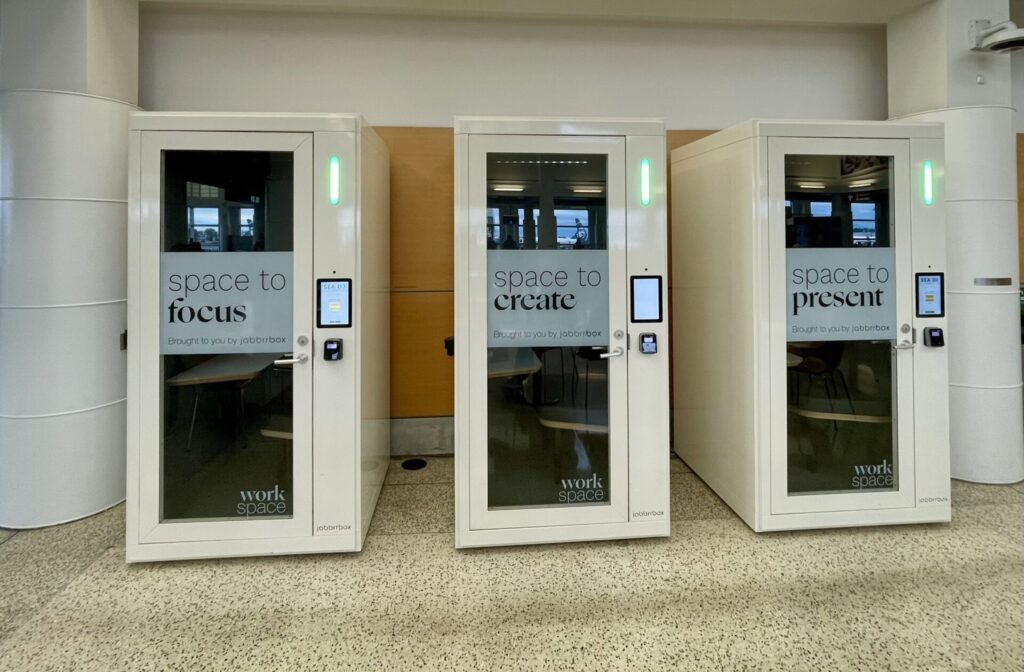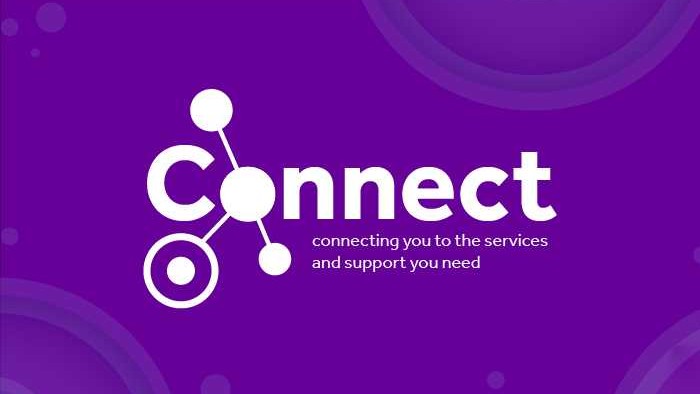Employers are bracing for increased National Insurance (NI) contributions from April 2025, and new research from GRiD, the industry body for the group risk sector, reveals that 28% of senior HR decision-makers believe these rising costs will pose a significant challenge to their business over the next year.
The impact is expected to be more pronounced among small to medium enterprises (SMEs), with 30% citing the hikes as a concern, compared to 25% of large corporates.
Alongside this, 38% of HR leaders said that a lack of budget is the main factor preventing them from doing more to support employee benefits.
Again, SMEs felt the pinch more acutely, with 42% identifying budget constraints as a barrier, compared to 30% of larger firms.
Katharine Moxham, spokesperson for GRiD, said: “Employers will understandably be looking at their budgets in all areas to manage the additional NI contributions and other financial pressures.
“It’s unlikely that HR will be exempt from the tightening of purse strings, so they must prepare to demonstrate the effectiveness of their employee benefits programmes to retain the maximum possible budget for them.”
GRiD urged employers not to cut back on employee benefits, highlighting the value of group risk products such as life assurance, income protection and critical illness cover.
These benefits, the organisation said, offer wide-ranging support across financial, physical, mental and social wellbeing.
Moxham added: “Group risk benefits are some of the most highly-valued types of employee benefits and rightly so, as they provide so much support for employees and employers alike.
“However, jeopardising the health and wellbeing of staff by making radical cuts will put the wellbeing of the organisation itself at risk too, so utilising benefits that provide comprehensive support and that are cost-effective will be the way forward.”















